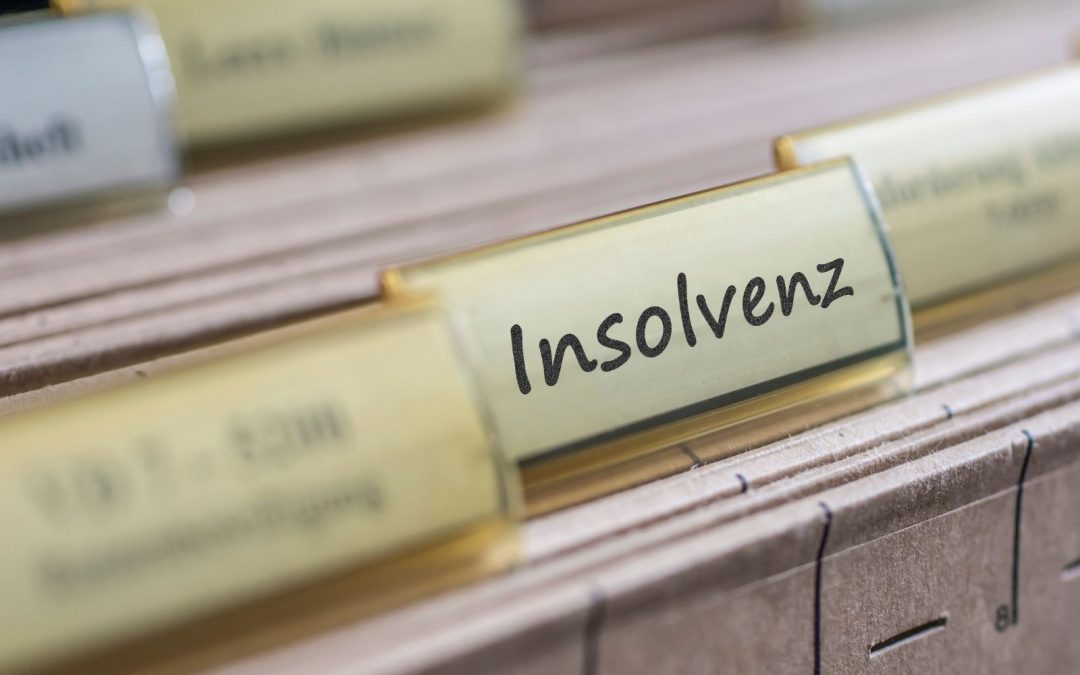4th OSE Symposium
Speaker: Prof Dr Axel Metzger (Hanover)
Moderator: RA Dr Philipp Süss (Munich)
Following on from the 3rd OSE Symposium in 2008, special attention was once again paid to the topic of open source software with regard to insolvency and the deposit of source code. Prof Dr Axel Metzger dealt with the issue using the following particularly interesting, practical case study:
‘The software company S is the maintainer of the OSS development project ’Robotix”, which develops real-time capable control software for complex production machines in accordance with the provisions of GNU GPL Version 3. The machine manufacturers M1-M3 use ‘Robotix’ to control their production machines, which they distribute worldwide. S offers service and support for ‘Robotix’ and benefits considerably from customer contributions. They contribute to the continuous improvement and optimisation of the program. Nevertheless, S holds the exclusive usage rights to 95% of the code. S expands rapidly, the costs for personnel and the new attractive business premises in Munich lead to insolvency. Insolvency administrator V is considering whether ‘Robotix’ should be offered as “proprietary” software in future and whether he or an acquirer can terminate the rights of use of the licencees M1-M3.”
The speaker raised the question of whether it makes economic sense to utilise software that was previously developed and distributed as OSS as ‘proprietary’ in the future. Various factors had to be taken into account here. The higher the company’s share of the utilisation rights, the more sensible the exploitation. In addition, the significance of the third-party shares, the market environment and a possible technological advantage over competitors and customers must also be assessed.
Finally, from the perspective of the insolvency administrator, a distinction must be made between two objectives:
1. can the further granting of GPL usage rights be prevented after the opening of insolvency proceedings?
2. can the GPL utilisation rights granted before the opening of insolvency proceedings be terminated/reclaimed?
If rights are granted after the opening of insolvency proceedings, it should be noted that dispositions by the debtor are invalid pursuant to sections 80 and 81 InsO. In addition, the factual problem arises that OSS is usually marketed in decentralised distribution. The analogue application of Section 33 UrhG is being discussed as a solution.
In the case of the granting of rights prior to the opening of insolvency proceedings, the question arises as to whether section 103 InsO can be applied. The speaker comes to the conclusion that this is not possible, as the mutual contract, if one assumes such a contract at all, which in the speaker’s opinion is not the case, has been fulfilled by one party.
A rescission due to creditor disadvantage pursuant to § 129 et seq. InsO typically does not come into consideration, according to the speaker, as OSS licensing does not normally represent a disadvantage to creditors. In addition, there is the factual additional problem that the insolvency administrator would have to assert the avoidance in a decentralised distribution system with typically many customers.
In the speaker’s view, this leads to an inconsistent overall picture: after the opening of insolvency proceedings, the insolvency administrator or the purchaser can prevent the further acquisition of OSS usage rights. However, licences granted prior to the opening of proceedings would generally remain in place, unless they could be contested on the grounds of creditor prejudice. As a result, the mechanical engineering manufacturer could therefore continue to distribute the software in the original case. However, compliance with section 4 of the GNU GPL is questionable.
The machine manufacturer would thus be distributing software with an outdated offer to conclude an OSS licence agreement. As a solution, Prof Metzger proposes that a corresponding notice be given to purchasers in order to exclude liability for defects of title in this respect. In addition, the insolvency administrator/acquirer could agree an individually designed licence similar to the GPL.
With a view to the planned reform of Section 108a InsO, the speaker concluded with four comments from the perspective of the OSS industry:
- A reform would bring an improvement, as the continued existence of licences would be clarified by law.
- The question of the classification of contractual ancillary obligations would not arise, as OSS licences do not provide for any ancillary obligations for licensors.
The remuneration adjustment should not bother OSS users, as the fair market remuneration for this licence model is ‘zero’.- However, factual problems in exiting the OSS model remain after the opening of insolvency proceedings. - Following the presentation, Prof Spindler asked how the question of co-authorship in M1 – M3 would affect the initial case. Prof Metzger referred to an example from practice: In the case of the Netscape browser, the browser had to be partially recreated at the time despite the existence of 95% of the rights. Dr Grützmacher also pointed out the problem of the employee’s copyrights. Furthermore, in response to an intervention by attorney Moritz, the handling by the insolvency administrator with regard to the classification of the licence agreement as a software purchase agreement or continuing obligation was discussed.

